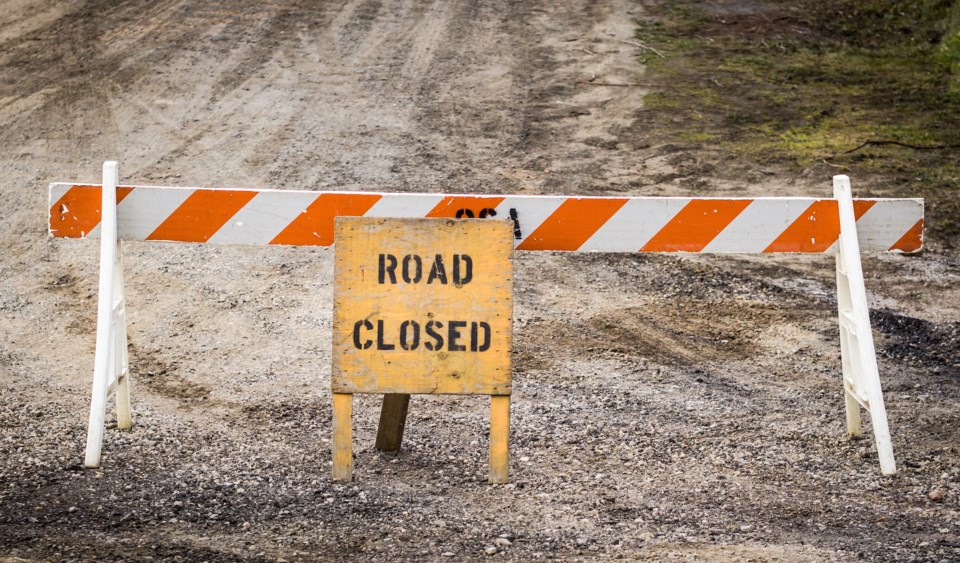While it is located entirely on her property, a woman acted illegally when she blocked access to a road that her neighbours have been using for 48 years, a judge ruled earlier this month.
The waterfront properties are on Trout Lake, located between Burwash and Noelville. Previous landowners reached an agreement to build and maintain a road to access properties in the area.
“In 1968, some five adjoining property owners obtained permission to build a road over Crown land to gain access to various cottage properties,” the court transcript says. “The cost to construct the access road and the maintenance costs that followed have been shared by the various property owners.”
There were no issues with the arrangement until 2016, when the current owner of the land where the access road had been built served a two-year notice to her neighbour that she intended to close the road and fence the property in.
Negotiations to reach an agreement failed, and when the road was blocked, the landowners who could no longer use the access road headed to court. They argued the road qualified under the Road Access Act, and blocking it was illegal. Under the act, you have to make a formal application to court to receive permission to close a road.
But the landowner who closed the road argued it wasn't an access road, because there was another route they could take to reach their properties. But the plaintiffs argued that they only have limited access to that route under a deal with the two property owners allowing them to cross it for emergencies and repairs, and only if a date and time is agreed upon in advance.
The judge agreed.
“The limited road access that has been negotiated by counsel for applicants is not the type of absolute and unrestricted access that was enjoyed for some 48 years over the road that is the subject matter of this motion,” he wrote. “The road access that was enjoyed for some 48 years was unrestricted and unfettered according to the evidence that has been placed before me. Based upon this evidence, I conclude that the road in question is an access road within the meaning of the Road Access Act.”
In fact, he said the act was written specifically to prevent these sorts of conflicts from happening as property owners change and inherit road access agreements that were signed years ago.
“That (act) provides a mechanism for all parties to come to court so that the matter can be determined in a civil manner with the application of proper legal principles after the court has had an opportunity to determine the applicable factual background,” he wrote.
“The Ontario Court of Appeal observed that the 'obvious purpose of requiring judicial authorization for closure is to avoid self-help measures and potentially violent confrontations among neighbours.'”
As a result he ordered the road opened again, that all obstructions be removed and that no attempts to block the road again be made unless it is done under through the requirements of the Roads Access Act.
